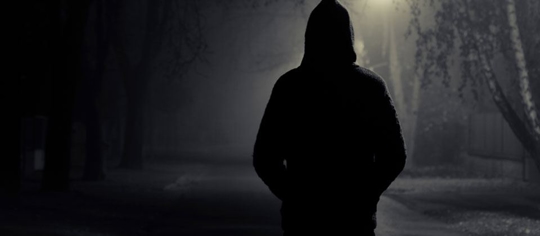A man who admitted he tricked a woman to have sex with him, did not commit rape according to the ruling released by the Second District Court of Appeal ofthe State of California. It ruled that the case is not considered rape due to “historical anomalies in the law and the statutory definition of rape”.
The facts state that a woman, referred to as Jane Doe, came home from a party with her boyfriend and some of their friends including Julio Morales, the defendant herein. While in bed, Jane and her boyfriend thought of having sex but changed their mind since he has to leave early. After her boyfriend left, Jane fell asleep. While she was sleeping, Julio Morales went to Jane’s darkened bedroom and started to have sex with her. When she realized that he is not her boyfriend, she started screaming, pushed him away and called the police.
Julio later on confessed that he went to Jane’s room while she was sleeping and kissed her. He thought that she might still be asleep, even when Jane reciprocated the kiss. He then decided to remove Jane’s pajama bottoms, got on top of her and had sex with her. He thought that maybe Jane at first believed that she was having sex with her boyfriend but later realized that he was not her boyfriend and started screaming.
During the trial, the prosecutors vehemently argued that Jane was either asleep or was not aware of the essential characteristics of the act (because Morales tricked her) and that knowing who you’re having sex with is an essential detail. The Los Angeles Superior Court Judge Robert Higa gave instructions to the jury that included CALCRIM (California Criminal Law) No. 1003, regarding the rape of an unconscious person. The law states that “a woman is considered unconscious if she is asleep or was not aware of the essential characteristics of the act because the suspect tricked, lied to, or concealed information from her.” Julio Morales found guilty of rape by the jury.
Julio Morales appealed claiming that the lower court judge made a mistake when he instructed the jury that they could convict based on the alleged concealment of the defendant’s identity. The appeals panel agreed with Morales and said that under the unusual circumstances of the case, reversal was absolutely needed since the justices could not tell if Morales was convicted by the jury because the victim was asleep or Morales had concealed his identity.
The decision was reversed and order for retrial was given with a directive to the trial court that the phrase from CALCRIM No. 1003: “or not aware of the essential characteristics of the act because the perpetrator tricked, lied to, or concealed information from her.” be omitted in the jury instruction.
“When a man may commit rape by having sexual intercourse with a woman when impersonating a husband” but not when impersonating the accused is impersonating a boyfriend is an inconsistency present in the ruling that was urged by Justice Willhite to be corrected by the California’ state Legislature.
Understand how sex crime laws work in Las Vegas or contact a criminal defense lawyer for a legal counsel.

